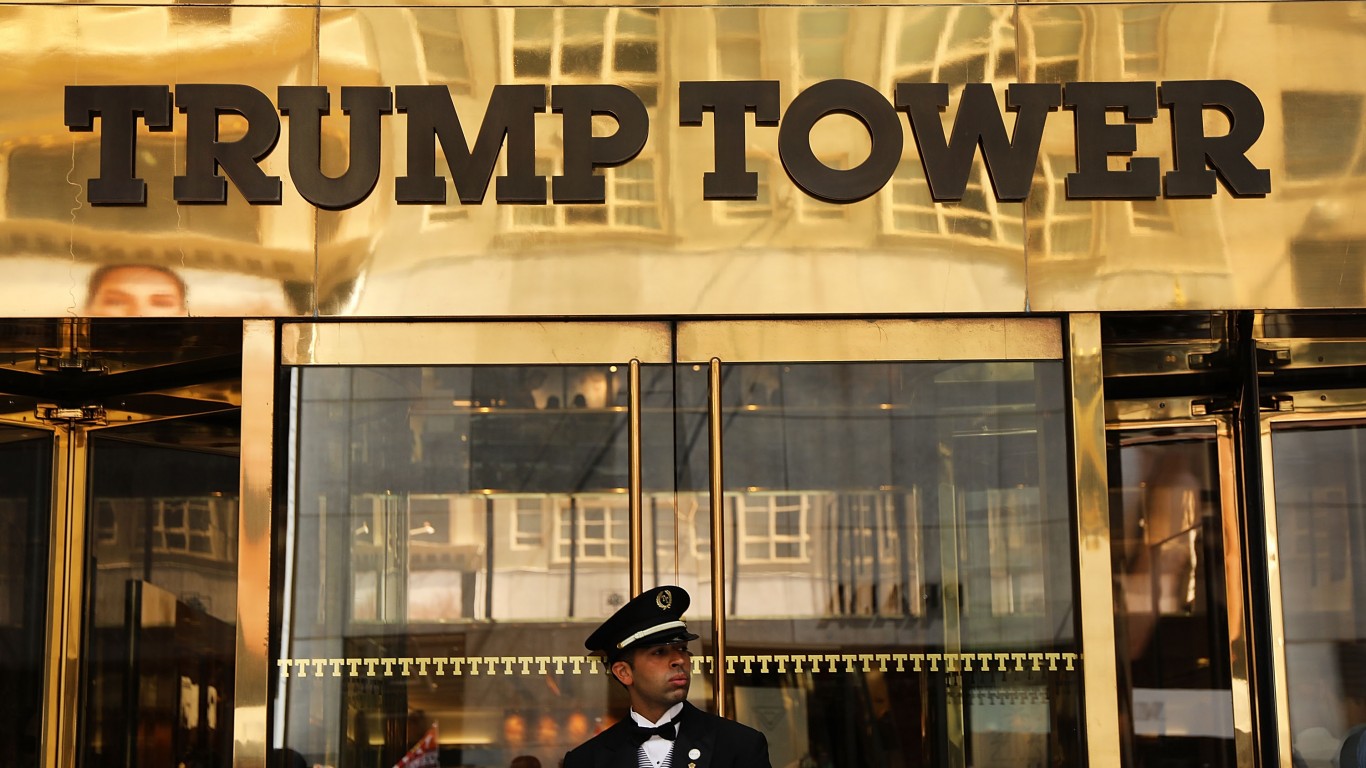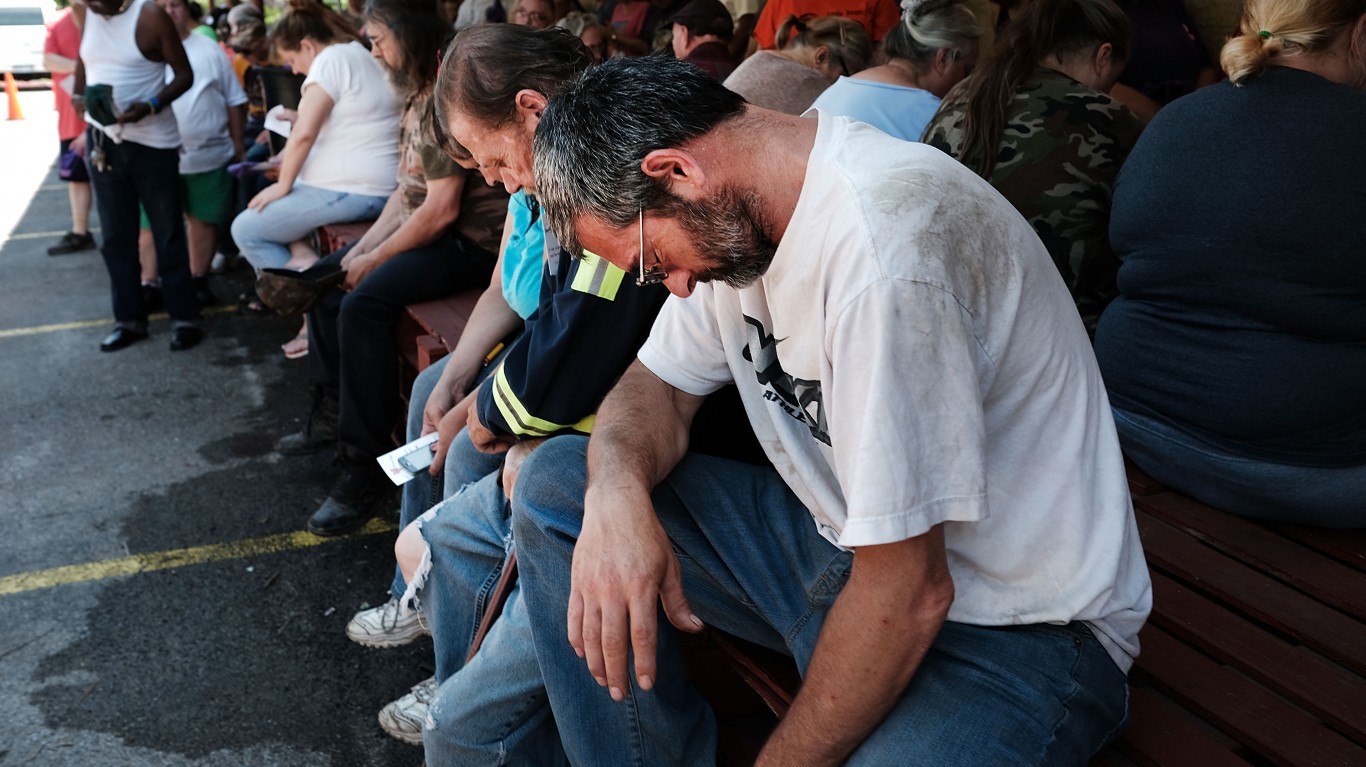
What goes into an evaluation of whether a city is safe. Crime? Personal liberty? Dangerously dirty air? Bad weather brought on by climate change? The Economist Intelligence Unit (EIU) released its biennial Safe Cities Index, which attempts to answer the question.
The study looks at five factors of security: digital security, health security, infrastructure security, personal security and environmental security. Each of these metrics is measured across 60 cities, with a total possible score of 100. Additionally, each of these is divided into more specific measures, so the total number of factors for the grade cover 76 indicators.
Among the broad factors that affect the ranking is the rise of COVID-19 across the world and its presence in the world’s largest cities. As Fang Zhao, professor of innovation and strategy at Staffordshire Business School, said in the report, “covid-19 has changed the whole concept of urban safety.”
The report is sponsored by the NEC Corporation, which has an unusually visible presence in the EIU study.
Cities were rated on a scale of 0 to 100. Their safety was categorized as very high (75.1 to 100), high (50.1 to 75), medium (25.1 to 50) and low (0 to 25).
The safest cities are in highly developed nations, including Australia, Germany, Japan, the Netherlands, New Zealand, South Korea, Spain and the United States. The top-rated city, at 82.4, is Copenhagen, followed by Toronto (82.2), Singapore (80.7), Sydney (80.1), Tokyo (80.0), Amsterdam (79.3) and Wellington (79.0). The top-rated U.S. city was New York (77.8).
Copenhagen is the largest city in Denmark and its capital. Its population is just shy of 800,000, which makes it about the size of Detroit by that measure. One of Denmark’s advantages is also Copenhagen’s. The nation has a very high gross domestic product per capita. The nation has unusually strong social services as well.
All the cities with the lowest ratings were in underdeveloped or emerging nations. The city with the worst rating was Yangon, the largest city in Myanmar. Known for its aging infrastructure and poverty, the city has a population of about 5.2 million people. Its health care system is also considered substandard.
Click here to read more about the world’s most dangerous city.
100 Million Americans Are Missing This Crucial Retirement Tool
The thought of burdening your family with a financial disaster is most Americans’ nightmare. However, recent studies show that over 100 million Americans still don’t have proper life insurance in the event they pass away.
Life insurance can bring peace of mind – ensuring your loved ones are safeguarded against unforeseen expenses and debts. With premiums often lower than expected and a variety of plans tailored to different life stages and health conditions, securing a policy is more accessible than ever.
A quick, no-obligation quote can provide valuable insight into what’s available and what might best suit your family’s needs. Life insurance is a simple step you can take today to help secure peace of mind for your loved ones tomorrow.
Click here to learn how to get a quote in just a few minutes.
Thank you for reading! Have some feedback for us?
Contact the 24/7 Wall St. editorial team.




